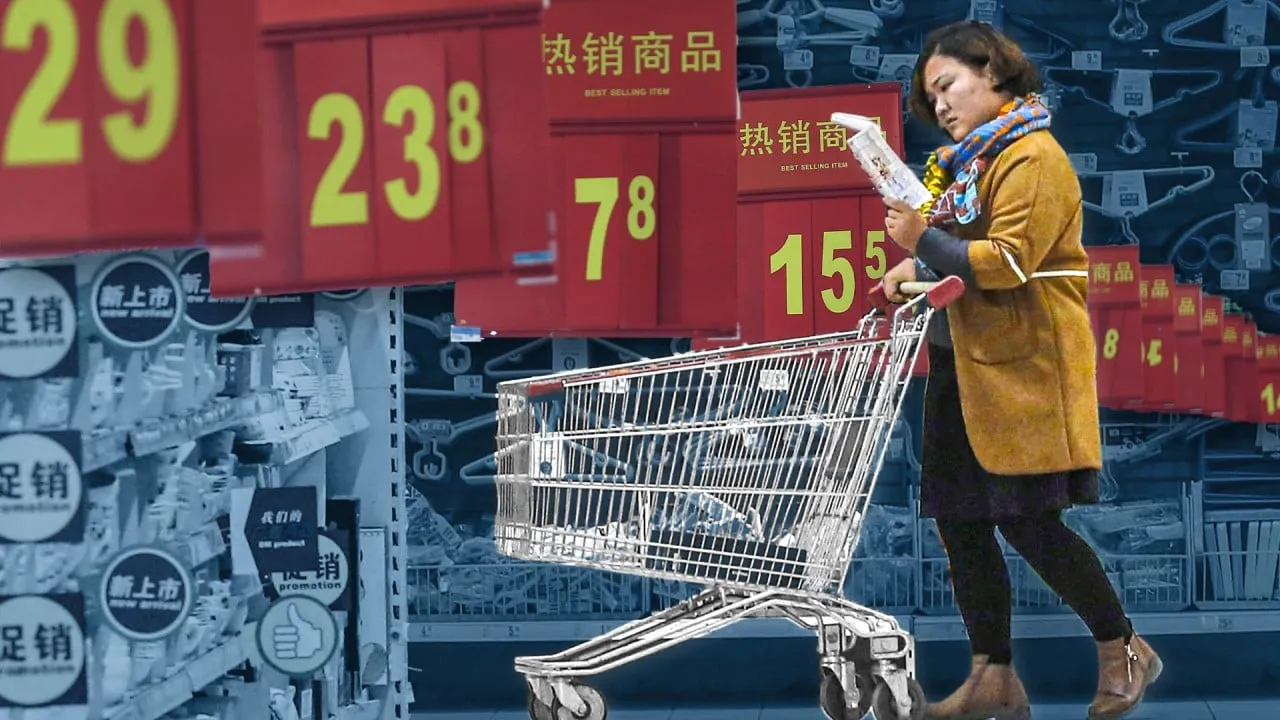China Economy Gains Momentum as Shenzhen Reveals Personal Bankruptcy Data

Shenzhen Sets a New Precedent in Personal Bankruptcy
A court in southern China approved the personal bankruptcy of a local couple who owed 9.28 million yuan (US$1.3 million) late last month, raising hopes of relief for financially struggling individuals as the domestic economy remains languid.
Emergence of Personal Bankruptcy in China
The couple’s case is the latest instance of personal bankruptcy to be made public in Shenzhen, a major tech hub and the only city in mainland China that allows residents to discharge outstanding debts three years after a successful filing.
- As of the end of August, the Shenzhen Intermediate People’s Court accepted about 350 personal bankruptcy cases.
- The city launched its pilot programme for personal bankruptcy in March 2021.
- Personal debts amongst owners of small businesses have surged amid an economic downturn.
Regulatory Challenges and Future Prospects
The development of a comprehensive personal bankruptcy system has been slow in China. Various factors hinder applications, including incomplete information from applicants, stated Cao Qixuan, chief judge of the Shenzhen bankruptcy court.
While demand for personal bankruptcy relief is strong, resistance from local creditors and banks persists. The city's regulations mandate that applicants must have lived in Shenzhen and contributed to social security for at least three years, complicating the process further.
According to the China Association of Small and Medium Enterprises, there are 53 million micro, small, and medium-sized enterprises (SMEs) in China, many reliant on personal assets and loans for funding.
The Financial Landscape Ahead
The approved couple had run a towel wholesaling business since the 1990s and accrued significant liabilities. The local court’s ruling allows creditors the chance for partial repayment during the next three years.
As regulations evolve, the implications on personal finance and the broader China economy may transform how individuals navigate financial hardships in the near future.
This article was prepared using information from open sources in accordance with the principles of Ethical Policy. The editorial team is not responsible for absolute accuracy, as it relies on data from the sources referenced.